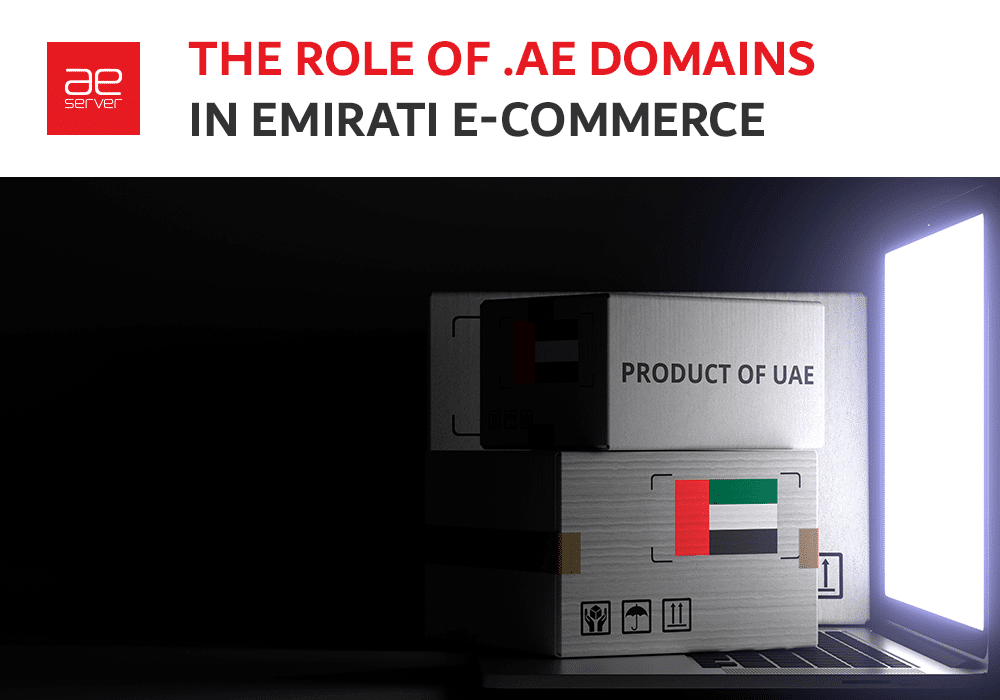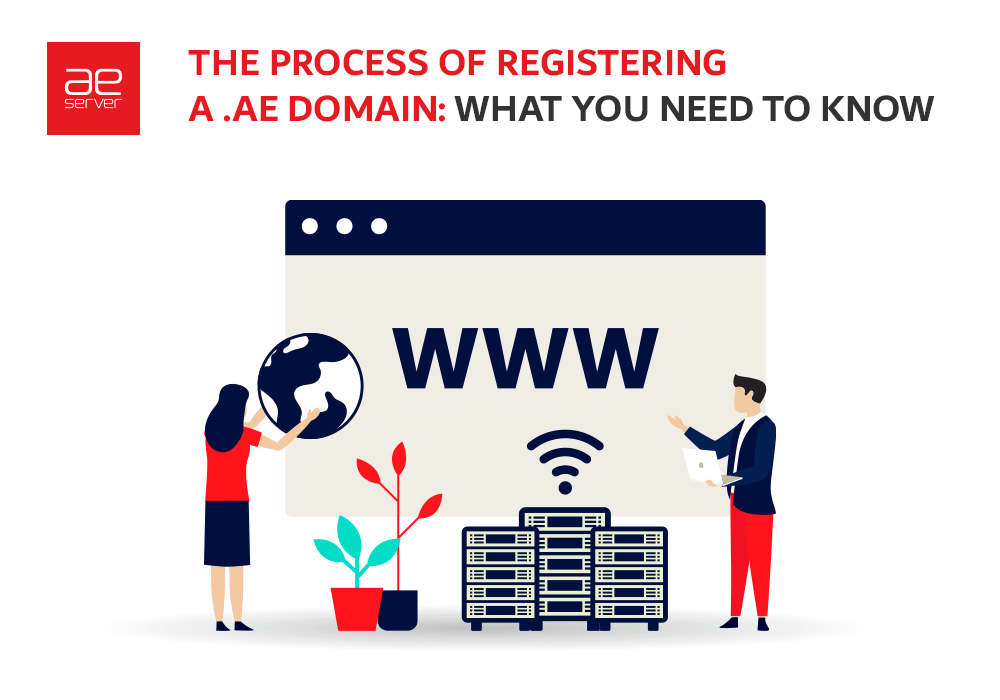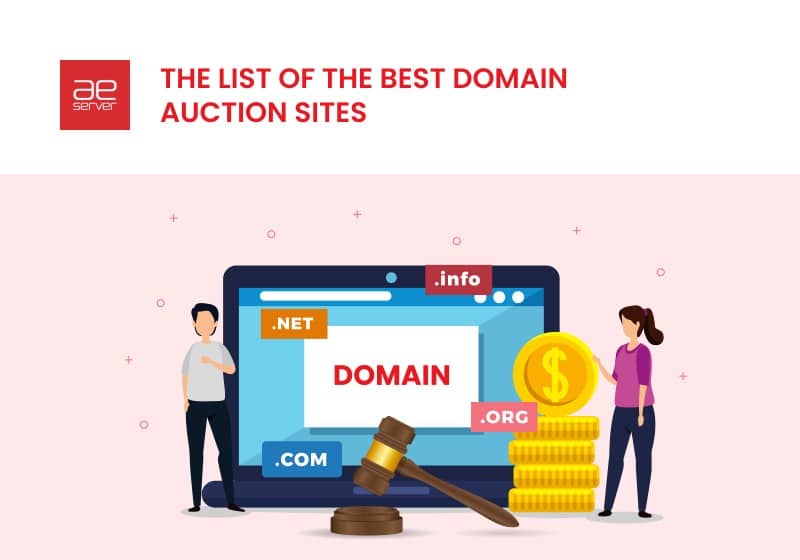
7 Types of Domain Name You Can Choose for Your Business
In the digital landscape, first impressions matter more than ever. Selecting the right domain name for your firm is a strategic decision. It can significantly impact your online presence. As a result, it can lead to more conversions and customers.
This guide aims to demystify the process of choosing a domain name. It explores various types and their unique characteristics. Whether you are launching a new venture or rebranding an existing one doesn’t matter. Understanding the nuances of different domain names examples is crucial.
Join us as we navigate through the intricacies of domain selection. And we will help you make an informed choice.
Related: Understanding Domain Name Importance
Type 1: Generic Top-Level Domains (gTLDs)
Generic Top-Level Domains, or gTLDs, are the bedrock of the internet’s addressing system. Common extensions like .com, .org, and .net have become synonymous with websites. They offer familiarity and trust to users. The .com extension, in particular, is the default choice for many firms. It’s due to its widespread recognition. But, exploring other gTLDs can provide unique branding opportunities. gTLDs offer versatility. But, there are considerations to keep in mind, such as availability and potential saturation.
Type 2: Country Code Top-Level Domains (ccTLDs)
Country Code Top-Level Domains add a geographical element to your domain name. Domain name examples include .us, .uk, and .ca. They represent the United States, the United Kingdom, and Canada, respectively. Choosing a ccTLD can have several advantages. It includes localized branding, increased trust among local audiences, and potential SEO benefits. But there are also considerations. They’re the limited global scope and potential challenges in obtaining certain ccTLDs.
Related: Benefits of Owning Code Top Level Domains (CcTLD)
Type 3: Niche-Specific Top-Level Domains
Niche-Specific Top-Level Domains cater to specific industries or topics. They provide an instant connection to your business’s nature. Extensions like .tech, .food, and .fitness not only convey what your website is about. But they also contribute to a memorable and targeted online presence. Understanding the potential advantages and drawbacks of niche-specific domains is essential. It’s vital in making an informed decision for your firm.
Type 4: Branded Domains
This type of business domain incorporates your company or product name directly into the web address. It reinforces brand recognition and trust. This approach offers a clear association with your firm. But, securing the exact brand name as a domain might pose challenges due to availability.
Type 5: Keyword-Rich Domains
Keyword-rich domains are web addresses that strategically include terms. They are relevant to a business or industry. The primary goal is to enhance visibility on search engines. It’s done by incorporating keywords that potential visitors might use when searching. The incorporation of keywords into a domain can provide notable SEO benefits. But it is crucial to strike a delicate balance. Overly long keyword-rich domains may present challenges in terms of user recall. And they may not always align seamlessly with broader branding goals.
Related: Benefits of Owning Code Top Level Domains (CcTLD)
Type 6: Short and Memorable Domains
This type of business domain offers a distinct advantage in the digital realm. It’s particularly about user recall and ease of sharing. The brevity of these domain names makes them more likely to stick in the minds of your target audience. It contributes significantly to brand recognition and facilitates word-of-mouth marketing efforts. The challenge lies in securing a short domain that not only aligns with your brand. But it also remains available in a highly competitive domain registration landscape.
Type 7: Hybrid Domains
Hybrid domains represent a creative and functional approach to online identity. They combine elements from different domain types. This type of business domain is particularly well-suited for firms with specific needs. They may not be adequately addressed by a single domain category. By incorporating various elements, such as keywords, brand components, or niche-specific terms, hybrid domains offer versatility and adaptability.
Frequently Asked Questions About Domain Names
In this section, we’ll unravel the intricacies surrounding frequently asked questions about domains. Navigating the diverse landscape of domain selection involves understanding the nuances. They can profoundly impact your online presence.
We’ll address pivotal queries such as:
- The best domain name types for optimal SEO.
- The financial considerations when investing in a domain name.
- The unique benefits of Country Code Top-Level Domains (ccTLDs.), etc.
We will delve into the significance of Generic Top-Level Domains (gTLDs) and the advantages of using a Branded Domain. And we aim to equip you with comprehensive insights.
Also, we’ll guide you through the domain registration process. We will shed light on reputable registrars and the essential factors to consider. This block ensures you gain a holistic understanding. It will help you to make informed decisions that align with your firm.
What Is the Best Domain Type for SEO?
Search Engine Optimization (SEO) is the cornerstone of a successful online presence. It directly influences a website’s visibility on search engines. The choice of domain name type can play a significant role in SEO performance. For this, consider:
Understanding the SEO Landscape. SEO involves a myriad of factors, including keywords, content quality, and backlinks. The domain name itself contributes to these factors. It influences how search engines perceive and rank your website.
SEO-Friendly Domain Types. Certain domain types inherently align with SEO best practices.
Aligning with Your Digital Marketing Strategy. Your choice of domain type should seamlessly integrate with your digital marketing strategy.
How Much Should I Invest in a Domain Name?
Your domain name is a virtual storefront. It’s the first point of contact between your firm and potential customers. As such, investing in the right types of business domain is a strategic decision. It can influence your brand’s success. But determining how much to invest can be a challenging task:
- Assessing the Value:
Consider the market value of your industry and niche. High-value industries may need a more large investment in a premium domain.
Check the potential return on investment (ROI) based on the expected traffic and revenue generation from your online presence.
- Budget Constraints:
Establish a budget that aligns with your business strategy. It’s crucial to find a balance. Invest in a memorable type of business domain and divide resources to other marketing efforts.
- Industry Standards:
Research industry standards for domain investments within your sector. This can provide valuable insights into the common price range for domain names.
Long-Term Strategy:
Consider your long-term firm goals. Investing in a premium domain may need a larger upfront cost. But it can pay off in brand recognition and customer trust over time.
How Do Country Code Top-Level Domains (Cctlds) Benefit My Business?
Country code top-level domain names (ccTLDs) are specific domain extensions examples. They’re associated with a particular country or geographic region. Their primary purpose is to signify the website’s connection to a specific country. But they also offer several benefits to firms:
- Geographic Relevance:
ccTLDs can enhance your business’s local relevance. They signal to users that your products or services are tailored to their region.
SEO Advantage:
Search engines often focus on ccTLDs for local search results. Your firm may operate within a specific country. Then, using the corresponding domain name type can positively impact search rankings.
- Trust and Credibility:
Users may feel comfortable interacting with websites with ccTLD associated with their region. It’s because it conveys a sense of local legitimacy and trustworthiness.
- Legal Compliance:
Some countries have specific regulations about the use of country-specific domain name types. Using a ccTLD ensures compliance with these regulations.
What Are Generic Top-Level Domains (Gtlds), and Should My Business Use One?
Generic top-level domains (gTLDs) are versatile domain extensions. They are not tied to any specific country. Domain name examples include .com, .org, and .net. Choosing the right gTLD for your firm involves considering various factors:
- Global Appeal:
gTLDs like .com have a global appeal and are widely recognized. They can be an excellent choice for firms with an international presence. Or they can be good for those aiming for a broad audience.
- Industry Relevance:
Some gTLDs are industry-specific, such as .tech, .business, or .guru. Consider whether an industry-specific gTLD aligns with your firm. And it must help communicate your niche or specialty.
- Availability and Branding:
Popular gTLDs like .com may have limited availability. It makes it challenging to secure a short and memorable domain name type. But newer gTLDs offer more options for creative and brand-specific domain names.
- Trust and Familiarity:
Newer gTLDs can be unique and innovative. But, users may still prefer the trust and familiarity associated with traditional gTLDs.
What Are the Advantages of Using a Branded Domain for My Business?
Branded domains are powerful tools for establishing a unique and memorable online identity. Consider the following advantages of using a branded domain:
- Brand Recognition:
A branded domain name type reinforces your firm name. It makes it easier for customers to remember and associate with your brand.
- Credibility and Professionalism:
A branded domain conveys a sense of professionalism and legitimacy. Customers are more likely to trust a firm with a well-defined online presence.
- Consistent Branding:
A branded domain allows you to maintain consistency across your online platforms. This uniformity reinforces your brand image.
- Trademark Protection:
Securing a branded type of business domain helps protect your firm from potential trademark infringements. It ensures that your online presence is uniquely associated with your brand.
Where Can I Register the Domain Name I Choose for My Business?
Once you’ve made decisions about your domain name, the next step is registering. Various domain registrars offer registration services. Each has its own features, pricing, and customer support:
- Popular Domain Registrars:
AEserver, Namecheap, Bluehost, and Google Domains are among the widely recognized domain registrars. Compare their offerings, including registration fees, renewal costs, and extra services.
- Extra Services:
Some registrars provide extra services. They are web hosting, SSL certificates, and domain privacy protection. Consider your needs and choose a registrar that offers the necessary services for your type of business domain.
- Customer Support and Reputation:
Opt for a registrar with a reputation for excellent customer support. Responsive and knowledgeable support can be crucial. It’s especially if you encounter any issues during the registration process.
Renewal Policies:
Understand the renewal policies of the registrar you choose. Some registrars may offer lower initial registration fees but higher renewal costs. Factor this into your long-term budgeting.
Related: Domain Names vs. Business Names: Should They Match?
Mistakes People Make When Choosing Domain for Their Business
Selecting the right domain name example for your firm is a crucial step. But certain common mistakes can hinder the effectiveness of your chosen domain. Here are eight mistakes people often make when choosing a domain for their firm:
- Ignoring SEO Considerations. Neglecting to incorporate relevant keywords into your domain negatively impacts a website’s search visibility. It’s essential to choose a domain that aligns with your firm. And it must be easily discoverable by potential customers.
- Opting for Complex or Lengthy Domains. A domain that is overly complex, lengthy, or difficult to spell can lead to user confusion. Aim for simplicity and clarity to enhance user engagement.
- Neglecting Trademark Checks. Some fail to conduct thorough trademark checks before finalizing a domain. And it can result in legal issues and potential conflicts with existing brands. Ensure chosen domain name type is legally available and does not infringe on others’ trademarks.
- Overlooking Social Media Availability. Not checking the availability of name on platforms leads to inconsistencies in online branding. Securing consistent usernames across platforms is crucial for a unified online identity.
- Ignoring Geographical Relevance. Some neglect to consider the geographical relevance of the domain. It can impact local search engine rankings. Choose a domain that reflects your firm’s location if applicable.
- Focusing Solely on Cost. Opting for a domain name type solely based on its low cost or the availability of free hosting services may compromise the professionalism and reliability of your website. Consider the long-term value and benefits of your chosen domain.
- Forgetting about Mobile-Friendliness. Many overlook the importance of a mobile-friendly domain. It can lead to a poor user experience for the growing number of mobile users. Ensure your domain is accessible and navigable on various devices.
- Neglecting Brand Consistency. Choosing a name that does not align with the brand can lead to inconsistencies across platforms. Maintain brand consistency for increased recognition and trust among your audience.
Avoiding these common mistakes will contribute to a more effective online presence. Take the time to carefully consider each aspect of your type of business domain selection. It’s to ensure it aligns with your brand goals and resonates with your target audience.
Conclusion
Choosing the right domain name example is a multifaceted process. It involves considering various factors. It includes your firm goals, target audience, and online branding strategy.
You may opt for different site names. However, the final decision should align with your unique firm identity.
Invest time and thought into this crucial aspect of your online presence. And you will pave the way for a successful and memorable brand journey on the digital frontier.



